Gora Kone washing station is situated next to the Nensebo river, near the village of Werka in the West Arzi Zone of Oromia. The work of washing stations accounts for the huge majority of coffee production in Ethiopia. Just five percent of the total coffee production in the country comes from the sort of single-source farming operations common with production in Latin America. Coffee thrives here in its birthplace and 90% of Ethiopian coffee is harvested from gardens and forest environments by locals who are not necessarily "cultivating" coffee as a main source of income.
In this environment, the washing station takes on many of the functions and roles traditionally associated with the coffee producer. They act as collection points and buying stations, first purchasing freshly-picked coffee fruit from individuals in tiny quantities, one at a time. At Gora Kone only the ripest cherry is approved and locals understand that by this more demanding, labor and time-consumptive standard they will be paid more than could be received elsewhere. These purchases and their quality-driven premiums are tracked and recorded and are reflected in the final export price which we pay.
The next steps of pulping, fermenting, washing, drying are crucial and reliant upon fastidious and repeatable practices. Gora Kone operates with precision and care. Their immaculate facilities possess the infrastructure required to perfectly wet-process large quantities of coffee and their drying infrastructure (raised beds on steep hillsides, exposed to good airflow) is likewise equipped to accommodate the appropriately-slow 10-12 days of ideal drying time.
In this environment, the washing station takes on many of the functions and roles traditionally associated with the coffee producer. They act as collection points and buying stations, first purchasing freshly-picked coffee fruit from individuals in tiny quantities, one at a time. At Gora Kone only the ripest cherry is approved and locals understand that by this more demanding, labor and time-consumptive standard they will be paid more than could be received elsewhere. These purchases and their quality-driven premiums are tracked and recorded and are reflected in the final export price which we pay.
The next steps of pulping, fermenting, washing, drying are crucial and reliant upon fastidious and repeatable practices. Gora Kone operates with precision and care. Their immaculate facilities possess the infrastructure required to perfectly wet-process large quantities of coffee and their drying infrastructure (raised beds on steep hillsides, exposed to good airflow) is likewise equipped to accommodate the appropriately-slow 10-12 days of ideal drying time.
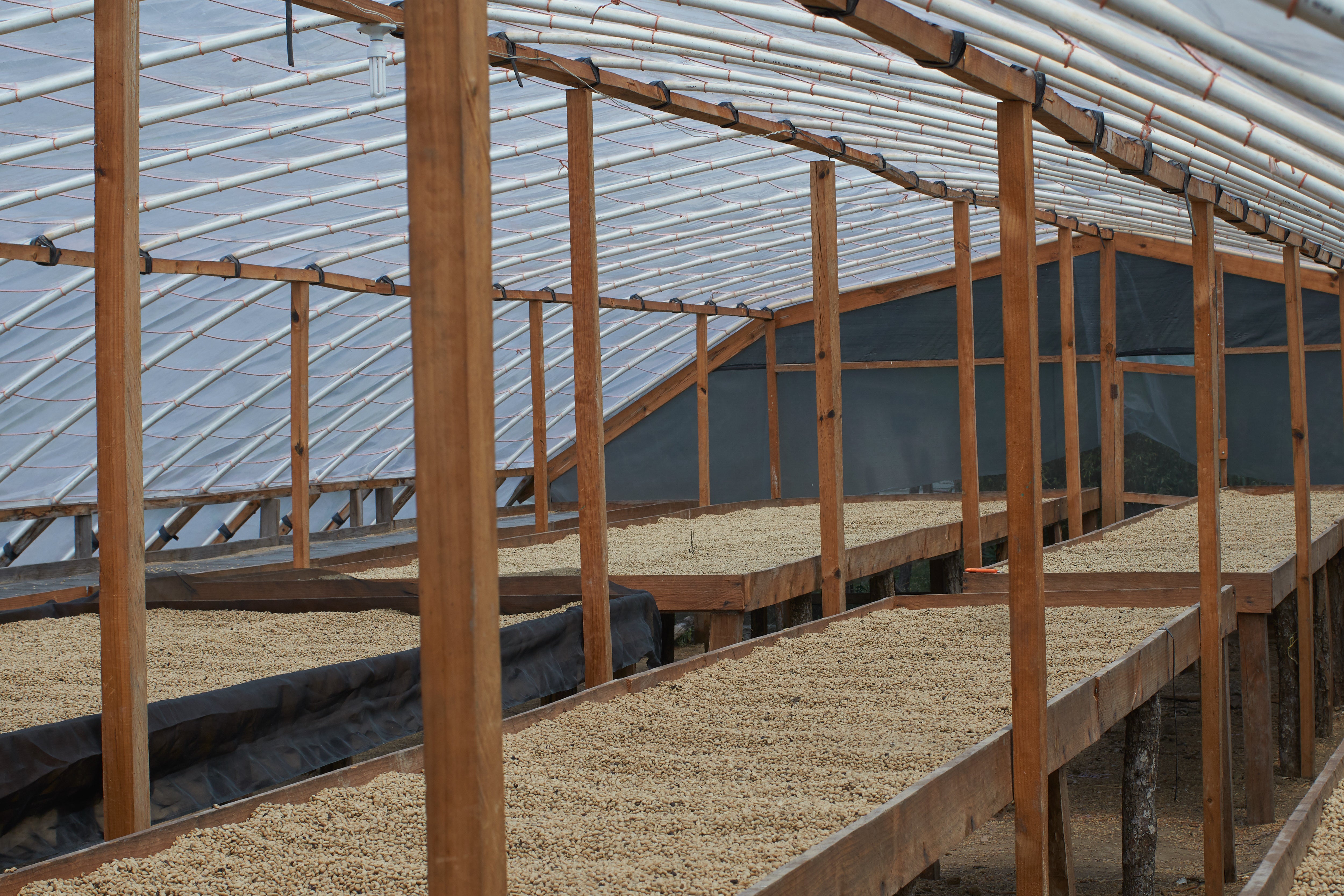
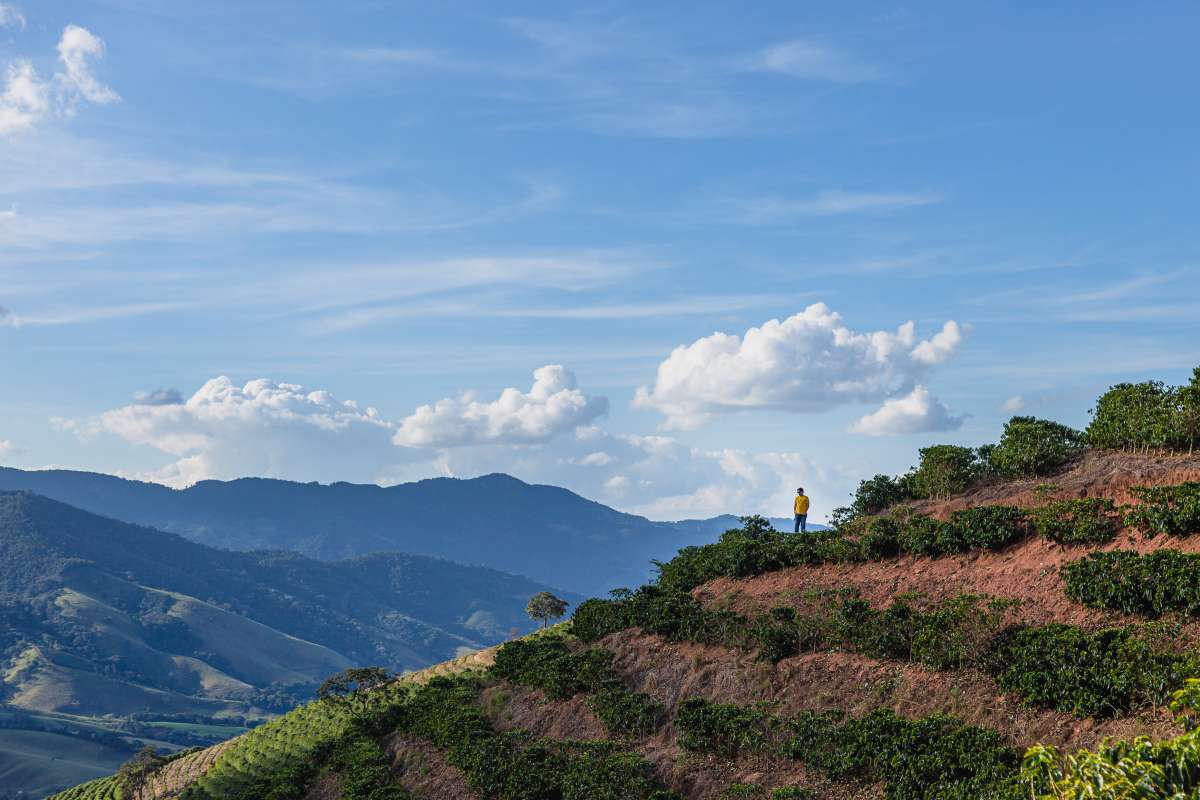

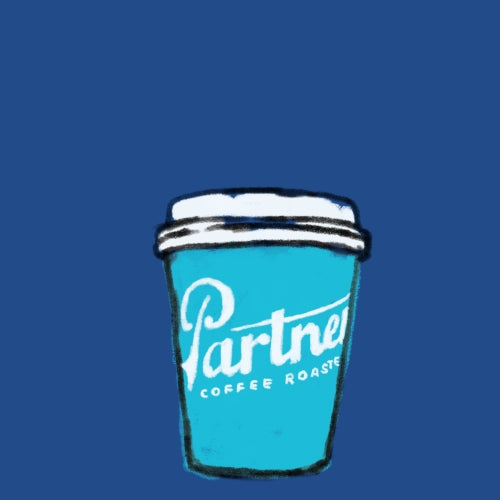
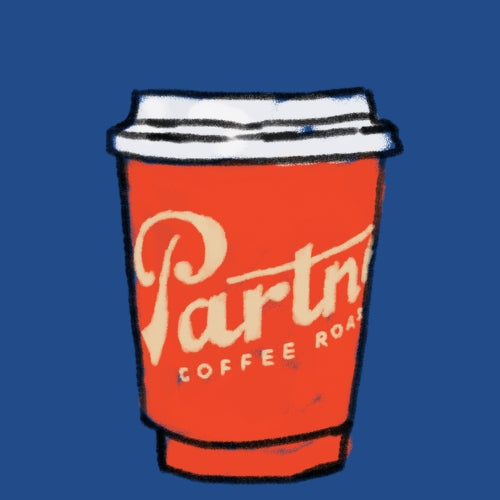

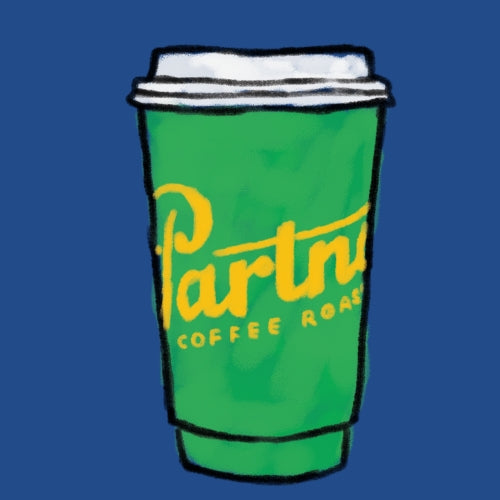
Leave a comment
This site is protected by hCaptcha and the hCaptcha Privacy Policy and Terms of Service apply.